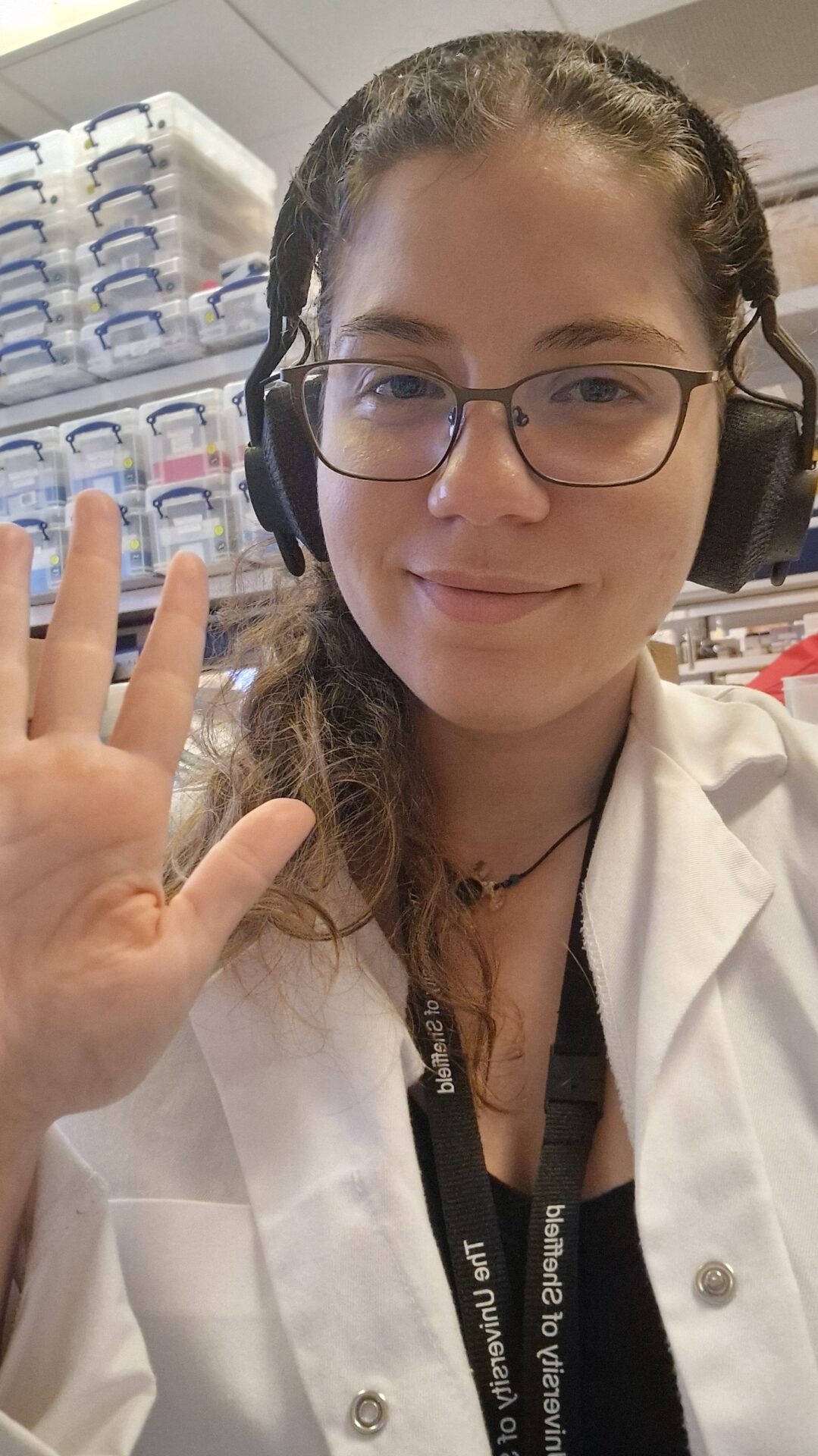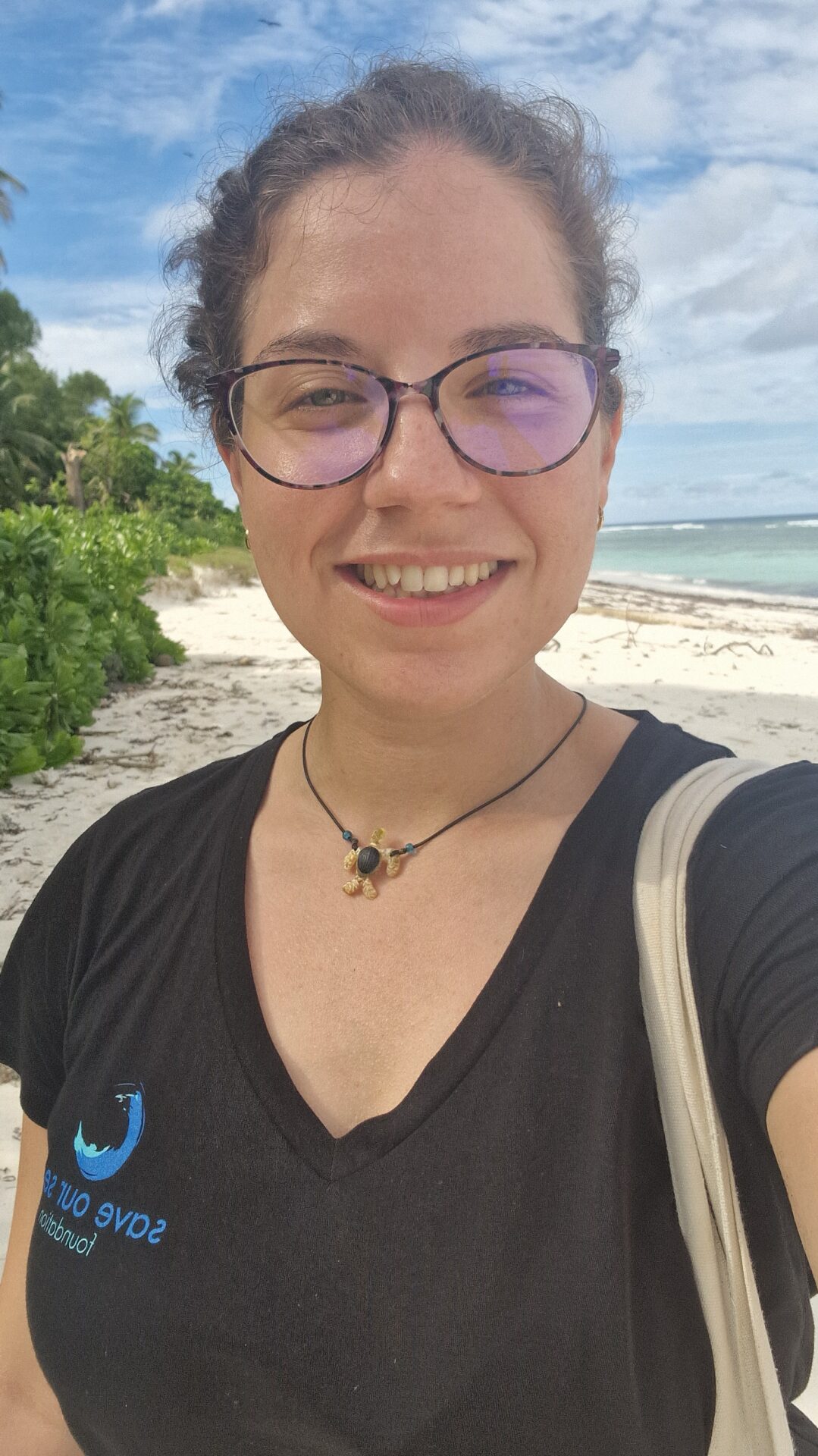What does it take to be a scientist?
What no lecture, module or course will teach you.
It’s daunting.
I hit the “Enter” button on my keyboard and my final research reports are submitted. That was the last three years of my biggest life’s work concluding… so casually on a cold, rainy Tuesday, in a country that has become a second home. I have had to divide my life between my home country and the UK studying threatened turtle eggs to improve their conservation.
However, I have so many more questions than when I started off! There is so much work to be done, I have only skimmed the surface. I scratch my head – time to start applying for grants again. In some ways it feels like starting from step 1.

Hi, it's me Alessia Lavigne, a hopeful phD researcher seeking to understand the drivers of reproductive failure in threatened turtles and tortoises. Photo © Alessia Lavigne
Is this what it feels like to be a scientist? If I’m honest with you, I didn’t expect it to be like this. But here are a few things I have begun noticing in my growth as one:
- No project report or paper will share the unfiltered truth of a scientist’s personal hardship and sacrifices experienced throughout that time.
During this process, I had lost family, experienced failures, moved to a different contient, been home-sick, and doubted myself (just to mention a few).
- The more you learn the less you know!
The more I learned about turtles and tortoises, the less I felt I was an “expert” in them. Even with my own research and results I found out that so much more studies are needed to truly be able to protect them from their looming extinction crisis – a sentiment that many other scientists share as well.
- Resilience and curiosity will get you further than being a born “genius”.
The most impressive scientists I have met are those who were courageous enough to question and challenge existing knowledge. They were persistent enough to put in the work in the face of adversity and maybe even hopelessness. Scientists are not born but made.
To be a scientist is not for the faint-hearted. It is to be a human who dares to be hopefully brave, adventurous, resourceful and tenacious. I smile to myself… I am doing my best to build myself towards that, after all I’m only an early career researcher.
Enough self-reflection now, I have grant applications to make and turtles to save!

Being a scientist also applies outside the lab! My time at D'Arros Research Center growing my scientific experiences. Photo © Alessia Lavigne
